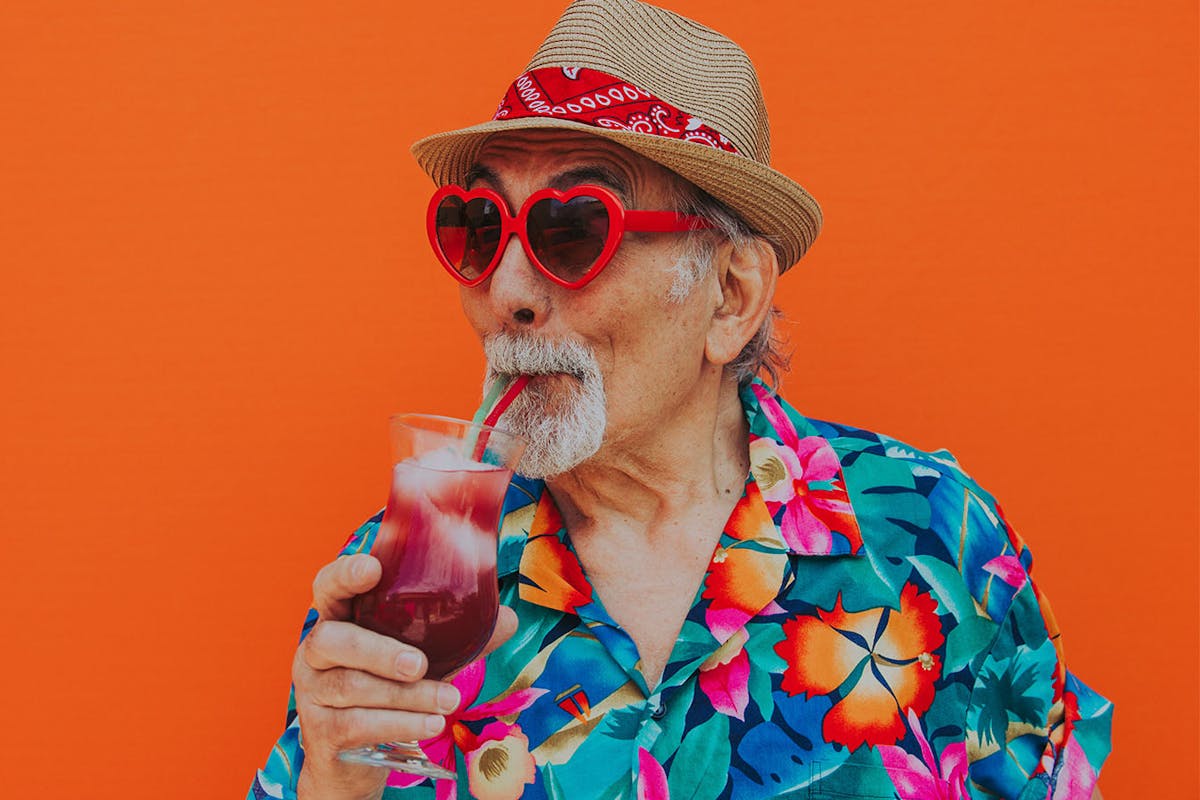Summer Hydration 101 for Older Adults

July and August often bring hot, humid days. It’s important to be aware that the rise in mercury can cause safety challenges for older adults. Seniors with respiratory diseases, for example, may find their illness flares when the humidity is high. The dog days of summer also put them at increased risk for heat-related illnesses, such as sun poisoning and heat stroke.
While you don’t have to give up your plans for an active summer, it’s essential to learn what steps you can take to stay hydrated.
5 Summer Hydration Basics
1. Increase fluid intake: Most people can typically prevent dehydration by consuming the right foods and beverages. Drinking water is usually best. If water isn’t appealing to you, try adding lemon, berries, lime, or cucumber to improve the taste. Some foods can also boost fluid intake. Peppers, celery, soup, melon, cucumber, leafy greens, tomatoes, and popsicles all help pump up hydration.
2. Limit alcohol consumption: Summer celebrations often include alcoholic beverages. Unfortunately, alcohol can contribute to dehydration. Older adults who are spending time outside in the heat should limit or avoid consuming alcoholic beverages.
3. Read medication side effects: Many older adults aren’t aware that some medications increase sun sensitivity. This can put seniors at risk for experiencing a serious sunburn rather quickly. These medications may also cause hives, rashes, and dehydration. Review your loved one’s medications to see if sun sensitivity is listed as a potential side effect.
4. Plan outdoor time wisely: Another tip is to plan outside activities for the coolest times of day, usually before 10:00 a.m. or after 4:00 p.m. Walking, gardening, or mowing the lawn early in the morning or late in the day is another step to keep you safe. Make sure to wear sunscreen and a hat that shades the face and neck.
5. Wear loose clothing: If you do plan to be outdoors during the hottest times of the day, it is best to wear clothing that won't attract the sun's rays and make you sweat. Light colored, lightweight and loose fitting clothing can help you with this. Especially if you are exercising outside, appropriate attire for hot weather is essential.
Finally, we suggest you take time to review the symptoms of dehydration in an older adult. Ranging from confusion and irritability to trouble walking, they aren’t always as obvious as you might think.
Consider a Medical Alert System
If you are an older adult who enjoys spending time outdoors alone, a mobile medical alert system might offer peace of mind. In the event you experience a medical or other emergency, you can summon help with the press of a button. Because these devices work off of wireless technology, they can be used whether you are at home or on the go.
Call us today at 1-844-203-5617 to learn more!